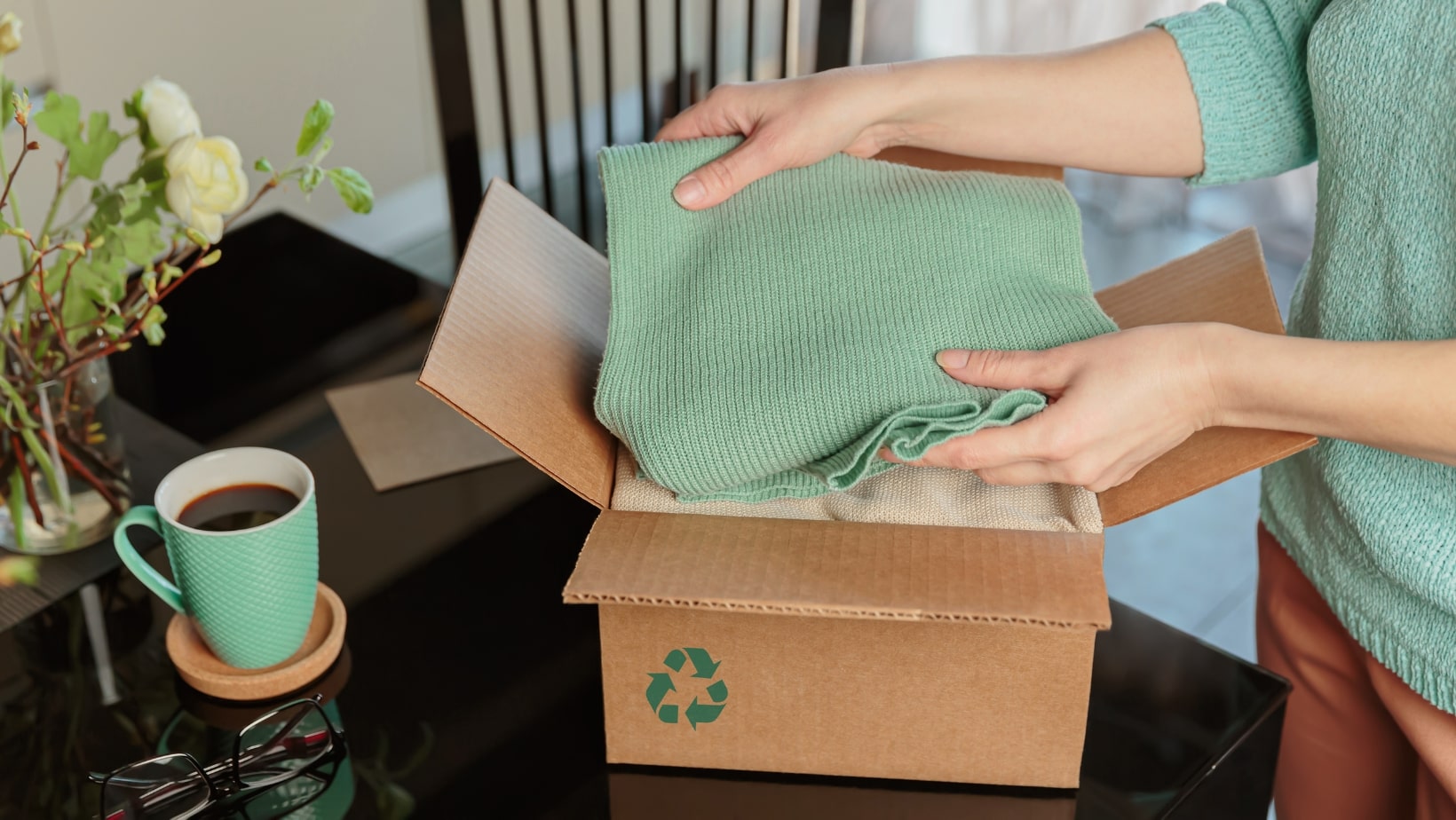Greenwashing
(male noun)
- A deception tactic—whether intentional or accidental—employed by companies that can cause customers to believe its products, services, or mission are more environmentally impactful than is true.
- is essentially when a company or organization spends more time and money on marketing themselves as being sustainable than on minimizing their environmental impact.
In recent years, there has been a significant shift towards sustainability and environmental consciousness across various industries. As consumers increasingly prioritize eco-friendly products and services, many businesses have begun incorporating environmental messaging into their branding and marketing efforts. While this commitment to sustainability is commendable, it has also given rise to a phenomenon known as “greenwashing.”
We’ve hit peak green fatigue, and greenwashing practices could be the culprit.
Identifying Greenwashing
Recognizing greenwashing can be challenging, as companies often use clever marketing tactics to create the perception of environmental responsibility. However, there are several red flags to watch out for:
Vague or unrealistic claims: Be wary of vague statements like “eco-friendly” or “green” without specific evidence or certifications to support these claims. Terms like “all-natural,” “eco-friendly,” even “farm fresh” are typically red flags for greenwashing.
Lack of transparency: If a company is not transparent about its environmental practices, supply chain, or sourcing methods, it could be a sign of greenwashing.
Exaggerated Marketing: Beware of exaggerated or unsubstantiated environmental claims, such as labeling a product as “100% natural” when it contains synthetic ingredients.
Misleading Imagery: Pay attention to the imagery used in marketing materials. Sometimes, images of nature or green landscapes are used to create a false association with environmental responsibility.
Ignoring larger environmental issues: Companies that focus solely on minor environmental initiatives while neglecting larger issues relevant to their industry may be engaging in greenwashing.
Okay, but how we can avoid greenwashing?
As conscientious consumers, it’s essential to empower ourselves with knowledge and ask critical questions.
Here are some tips to help you avoid falling victim to greenwashing:
Research thoroughly: Take the time to research a company’s environmental practices, certifications, and track record before making a purchase.
Look for certifications: Trustworthy certifications such as USDA Organic, Fair Trade, Energy Star, or Forest Stewardship Council (FSC) can provide assurance of genuine sustainability efforts.
Read beyond the label: Look beyond the marketing slogans and delve into the product’s ingredients, manufacturing process, and environmental impact.
Support transparent brands: Favor brands that demonstrate transparency about their environmental initiatives, challenges, and progress. Or do you want to give your money to brands that don’t give a sh*t about the environment?
Hold companies accountable: Voice your concerns and hold companies accountable for greenwashing practices by providing feedback, asking questions, and supporting genuine sustainability efforts.
At mousse Agency, we are committed to helping our clients navigate the complex landscape of sustainability and environmental messaging. By fostering transparency, authenticity, and genuine commitment to environmental stewardship, we can collectively drive positive change and create a more sustainable future.
See u next week.
Did you like these tips? There are many more on our blog. Go there and stay up to date.
References:
